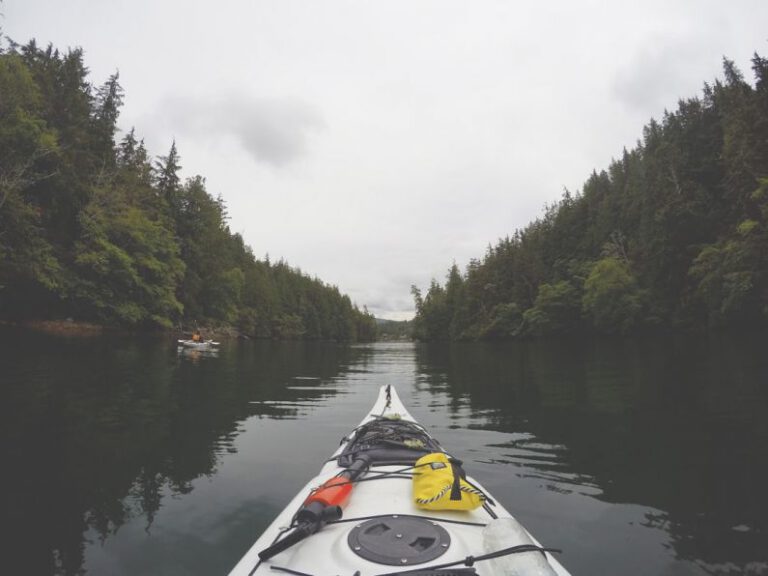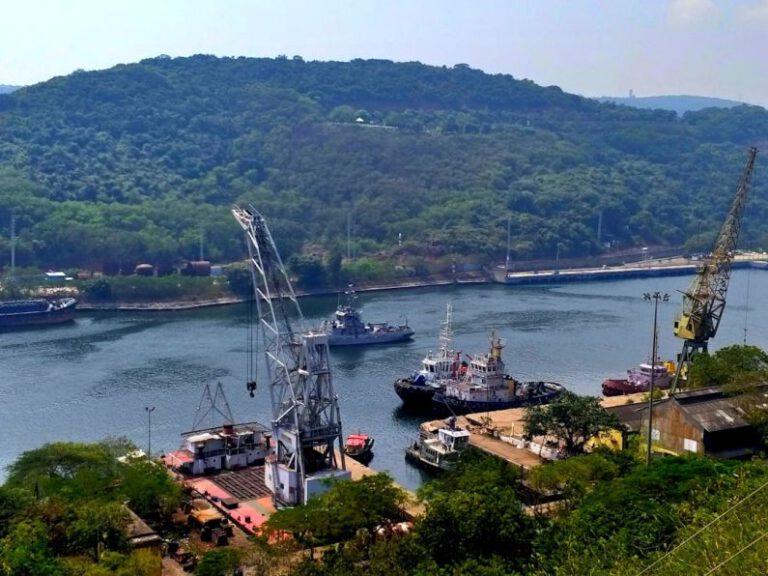Are Undiscovered Islands More Pristine?
The allure of undiscovered islands has captivated explorers and adventurers for centuries. These remote and untouched lands hold a certain mystique, promising pristine landscapes and unspoiled beauty. But are these islands truly more pristine than their well-known counterparts? In this article, we will delve into the concept of undiscovered islands and explore whether they indeed offer a uniquely untouched environment.
The Myth of Pristine Beauty
Undiscovered islands are often romanticized as paradises untouched by human hands, where nature reigns supreme and wildlife thrives in abundance. The allure of exploring these hidden gems stems from the belief that they offer a glimpse into a world untouched by modern civilization. However, the reality is often far more complex.
Exploration and Exploitation
When explorers stumble upon a previously unknown island, the initial sense of wonder and discovery is often quickly overshadowed by the influx of outsiders eager to exploit its resources. Whether it be for tourism, development, or natural resources, the very act of discovery can lead to the rapid degradation of the island’s ecosystem. Unregulated tourism, deforestation, and pollution can quickly transform a once pristine island into a shadow of its former self.
The Paradox of Preservation
On the flip side, well-known islands that have established conservation efforts in place may actually be more pristine than their undiscovered counterparts. Islands that have been recognized for their ecological importance often benefit from strict regulations and protective measures aimed at preserving their unique ecosystems. While these islands may have experienced human impact in the past, the efforts to protect and restore their natural habitats can result in a level of pristine beauty that rivals even the most secluded undiscovered islands.
The Impact of Climate Change
One of the biggest threats to both discovered and undiscovered islands is the looming specter of climate change. Rising sea levels, extreme weather events, and ocean acidification pose significant challenges to island ecosystems around the world. While undiscovered islands may initially appear untouched by human influence, they are just as vulnerable to the effects of climate change as their well-known counterparts. In fact, their isolation and lack of established conservation efforts may leave them even more susceptible to the devastating impacts of a changing climate.
The Importance of Conservation
Ultimately, the key to preserving pristine island environments lies in effective conservation efforts. Whether an island is well-known or undiscovered, the need for sustainable management practices and conservation initiatives is paramount. By raising awareness about the importance of protecting these fragile ecosystems, we can work towards ensuring that both discovered and undiscovered islands remain havens of natural beauty for generations to come.
In Conclusion
The allure of undiscovered islands may lie in their perceived pristine beauty, but the reality is far more nuanced. While these remote lands may offer a sense of untouched wilderness, the impact of human discovery and exploitation can quickly diminish their natural splendor. On the other hand, well-known islands that have implemented conservation measures may actually be more pristine than their undiscovered counterparts. The key lies in recognizing the value of these environments and taking proactive steps to preserve and protect them for future generations. Whether discovered or undiscovered, all islands deserve our respect and stewardship in order to maintain their pristine beauty for years to come.





